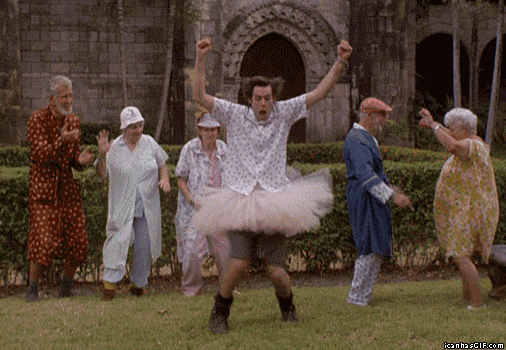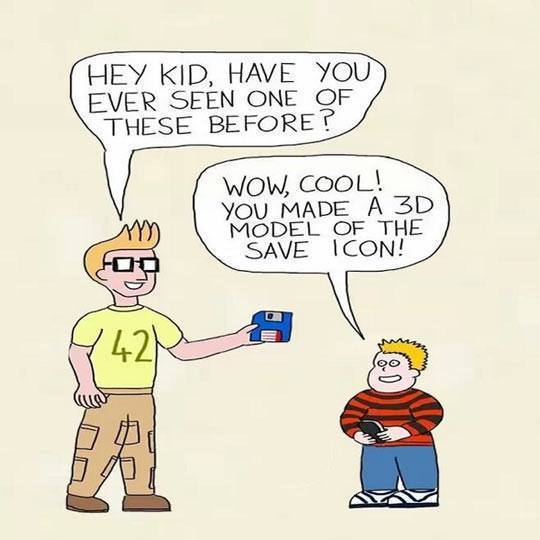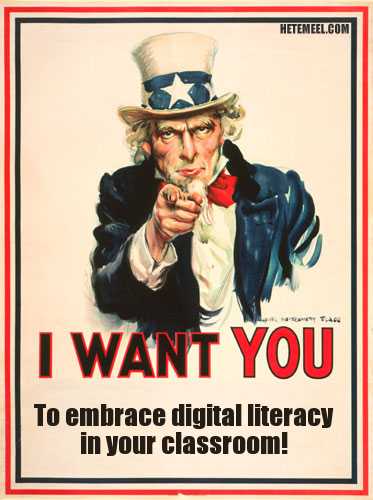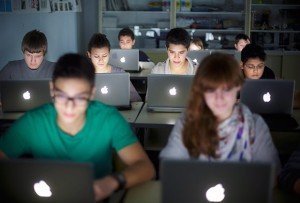
Bloggity Blog Blog
During these past few weeks of class we have read, discussed, and questioned what the word “literacy” means. There are so many different ways to describe what literacy means to us, and it all depends on the person. Literacy will vary by each individual, based on experiences and relationships. Different authors have provided clear understanding of what they have researched and give examples of the many forms of literacy.
Szwed introduced me to the idea that reading and writing is the most basic literacy we have. However, what it is that we are writing and reading is what actually matters. There are a multitude of different literacy practices that we encounter in any given day. Szwed argues that there, “is not a single level of literacy, on a single continuum from reader to non-reader, but a variety of configurations of literacy, a plurality of literacies”. This can range from reading baseball cards to The New York Times, or from having the ability to spell or create a fictional novel. Every single person has varying degrees of their own personal literacy.
Deborah Brandt introduced us to the idea of sponsors. In her words, “Sponsors, as I have come to think of them, are any agents, local or distant, concrete or abstract, who enable, support, teach, model, as well as recruit, regulate, suppress, or withhold literacy-and gain advantage by it in some way”. This led us to reevaluate who had impact on our own practices, and what kinds of sponsors were in our lives. My group and I realized the large impact that employment had on the two women, Carol and Sarah, from the article. These women were using the literacy practices learned in their work environment to enhance and improve their personal lives. Sponsors are a key component to defining literacy.
Some of today’s everyday literacies revolve around social media and/or texting. As I am beginning my book club text, which studied middle school girls in 1992-1993, I can’t help to question the drastic differences in literacy of middle school girls today. What if the study was redone to incorporate the technological impact on girls’ literacy practices in middle school today?






 Website:
Website: